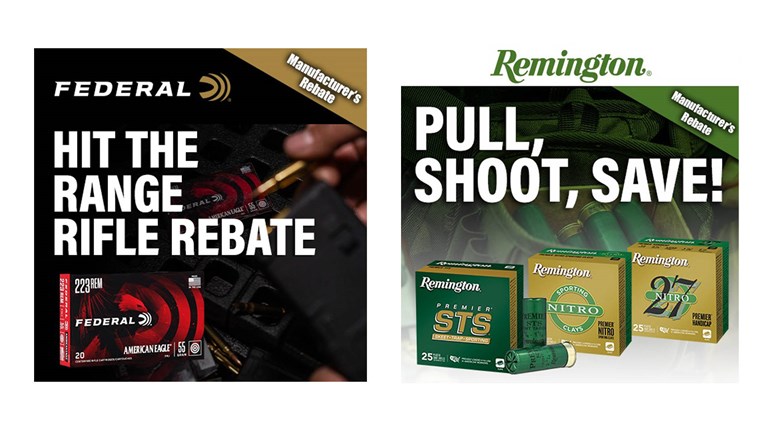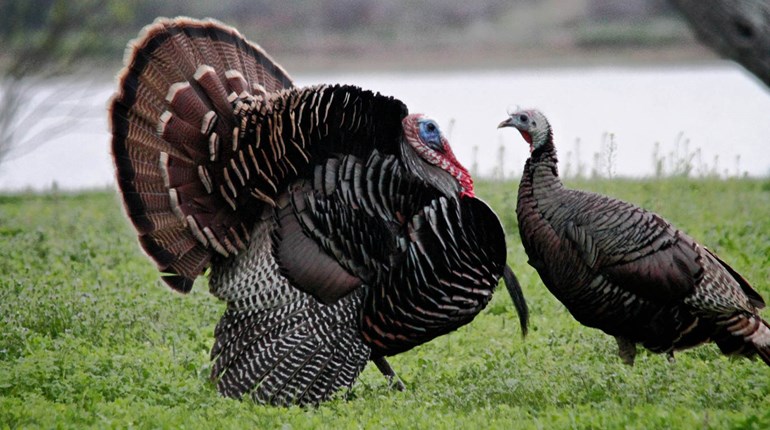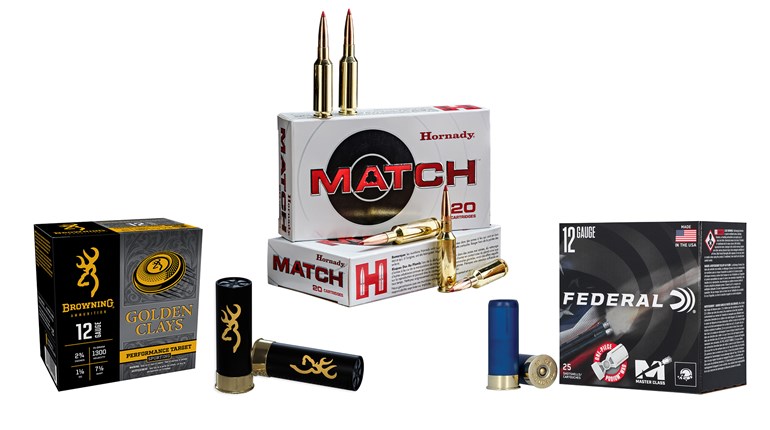
While the first priority in anything firearm-related is serious attention to safety, the principal remaining hazard is too much advice. Shooting communities are just that welcoming, despite ugly media insinuations—especially recently—to the contrary. It’s a “nonsurprise” of perhaps classic proportion, then, that this is how the Remington 700 first came to our attention many years ago. Especially if resources were modest, the one-ragged-hole types pretty near all agreed on where to start: an M700 in .308 Win. Some 56 years after it first appeared (1962), our present sample indicates that such a recommendation would still be wise to follow.
You wouldn’t have to settle for that same rifle by any means. Slim-barreled, wood-clad beauties are still available, and in almost every useful caliber you can think of (17 by our count). Moreover, robustness and out-of-the-box accuracy have drawn many fans and applications over the years. Military and law enforcement variations are plentiful, and regular-folk applications all bespeak the original, ideal qualities—accuracy, reliability, durability.
Our model 700 SPS Tactical AAC-SD is a case in point. The core competencies so much admired from Day One are alive and well, but the prospect of a disappointing compromise never threatened less. If you’re after a modern, versatile bolt gun, an SPS or other 700 variant is punching, as the saying goes, well above its weight.
The stock and muzzle termination jump out as examples on the handy AAC-SD. The former is a dual departure—not wood, but also not some anvil-hard (but often, well, ugly) while undeniably useful composite. Instead, and sourced from Hogue, is a grippy “ghillie” green, over-molded (fiberglass skeleton inside, rubber out) type. A comfortable pad; pillar bedding; and a wide, bipod-friendly forend are standard.
The latter—a threaded but conveniently capped muzzle on the 20-inch barrel—hints strongly at another modern taste as well as a hearing safety advantage: suppression. Despite the assertions of uninformed media and politicians (to say nothing of silly Hollywood), suppression is merely good acoustic sense. As even The Washington Post has conceded (March 20, 2017), “There is little that’s quiet about a firearm with a silencer, unless one also thinks a jackhammer is quiet.”
Most of these considerations are at the margins, however, when the longstanding, essential qualities of the 700 are revisited. We left the X-Mark Pro trigger as it came from the factory, for instance, and soon discovered the rare errors were ours. The abbreviated, heavy barrel surrendered some velocity (an average of 5 percent across several bullet weights), but no accuracy that we could gauge. The barrel profile and optic put it a trifle on the heavy side for field work (11 pounds), but we’ve used a nearly identical rifle afield, and wouldn’t trade the predictable sub-moa for reduced weight.
Our final assessment of the Remington has all the comforts of a benediction. Despite hurdles through the years, it remains a worthy American archetype: Across-the-board adaptability, top-of-class performance, and a bright future seem the deserved lot of the Model 700 family in general, and of the feature-rich SPS Tactical AAC-SD, in particular.
Nuts And Bolts

Kit — The Remington 700 remains the easiest bolt-action rifle in the world to gussy up. Search the stock of our friends at Brownells or MidwayUSA, for instance, and you’ll shortly discover hundreds and hundreds of enhancements at your fingertips. From basics like scope mounts and slings to ultra-tunes like bolt handles, firing pins, “bottom metal” and chassis-type stocks, you can take a 700 just about as far as can be imagined.

Accuracy — Hunters and target shooters have long praised the seemingly inherent accuracy of the 700. Our sample—even with the factory trigger unadjusted (but user-adjustable) and the Hogue stock lightly touching the barrel—proved the point. Several factory varieties produced sub-MOA groups (notably Federal Gold Medal Match—GM308M), and we nearly halved this with some hurry-up handloads using Sierra 168-grain bullets and IMR 4064 (.59-.61 MOA).
We have no illusions that this is really scratching the surface on our 700, however, as we think the “heritage” data clearly indicates. A predecessor to our test rifle in the same barrel length and caliber harvested a pronghorn at 285 yards using a Hornady 165-grain SST, with the impact point less than an inch from the aim point (measured from a small coincidental mark on the hide that was the hold). Another earlier sample—and totally stock—produced years’ worth of sub-caliber, three-shot clusters (down to .141 in.) and routine .4 to .6 MOA groups. By all the signs we see, even tighter tolerances will let the latest versions perform better still.
Nikon Black 1000 (6-24x50) — In the best sense of the expression, there were no surprises with our big Nikon. Beautiful light gathering and straightforward controls got us off to a good start, and a pair of Burris Signature Pos-Align rings—we just can’t say enough about those +/- polymer elevation inserts and mar-free mounting—had us on target with a tiny ammunition expenditure. The X-MOA, second focal plane reticle made calculating adjustments easy, a big help in generally poor outdoor test conditions. Hits, in other words, stayed very regular. Our best groups came indoors, which we think is yet another compliment to the Nikon, albeit by a roundabout route: The light never seems adequate despite an earnest attempt at our facility, but keeping shots in a quarter came easily, and often closer to a dime, thanks to the bright, clear and very affordable Nikon.


































